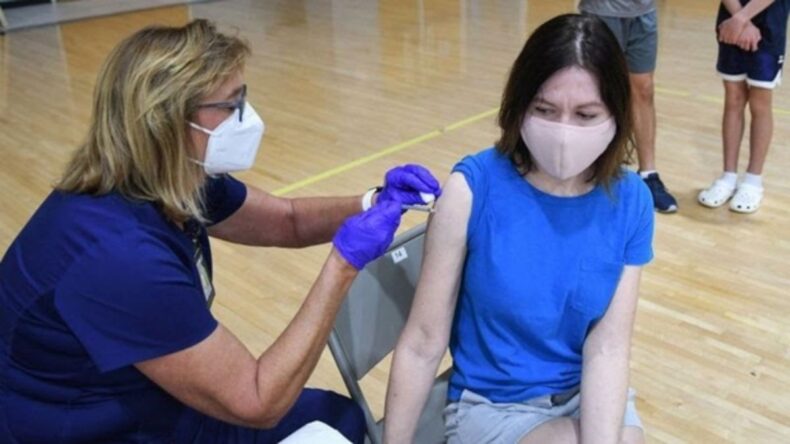A federal advisory panel of outside experts to the US Food and Drug Administration rejected Joe Biden’s plan to offer booster shots of Pfizer vaccines to all vaccinated adults above 16.
After hours of discussion, the Food and Drug Administration panel came to this conclusion on the grounds of insufficient data on the safety of extra doses.
Instead, they voted 16-0 to provide booster shots to the US population above 65 and at high risk of severe Covid-19.
The panel, which included infectious disease experts, doctors, and officials from the Centers for Disease Control and Prevention and the National Institutes of Health, thwarted the Biden administration’s efforts to boost the whole vaccinated population of the US.
INSUFFICIENT DATA TO REACH ANY CONCLUSION
The federal panel noted that there is no reliable data to ensure the safety of the third dose.
Moreover, the data acquired from researchers of Israel will not be applicable in predicting a third dose’s consequence in the US.
They added that research suggests the waning of vaccine efficiency over time, which will mandate the use of booster shots. But presently, two doses of Pfizer offer sufficient protection against severe illness and death.
The data from the country and elsewhere did not prove that a third shot would stop infection.
The panel members were also critical of the lack of data to ensure the safety of the younger people after receiving the booster shots.
“It is unclear if everyone needs to be boosted,” said Dr Michael G Kurilla, who is a panel member and an official at the National Institute of Health.
The committee thus rejected Pfizer’s request to recommend third shots to all vaccinated adults.
The vulnerable population above 65 years and at risk of severe Covid-19 and received the second dose at least six months ago will welcome their third shot.
Biden administration had earlier decided to roll out booster shots to a broader population starting from next week, and the committee’s decision effectively put this to a halt.
The FDA has the final word on approving vaccines, and it does not have to accept the panel’s recommendation.
According to media outlets, its decision will be out in a week.
AMIDST WHO’S GROWING CONCERNS OF VACCINE INEQUALITY
Joe Biden’s booster plan, when announced a month ago, triggered widespread criticism. While public health experts criticized the decision as it did not have FDA and CDC clearance, some critics echoed the World Health Organization’s chief Tedros Adhanom Ghebreyesus.
He advised wealthier nations to stop booster shots until vaccination rates increase in developing countries with lagging immunization rates.
The WHO chief asked developed countries to impose a moratorium on third doses until the end of September to address vaccine inequity in the world.
The surplus vaccines should be redirected to low-income countries instead of being provided as booster shots. He reminded the global leaders of “countries with less than 2 per cent vaccination coverage, which are not even getting their first and second dose”.
In Africa, just 3.5 per cent of the adult population received both doses.
Israel has already provided booster shots to its population, while Britain, Germany and France have announced plans to offer them to its older, vulnerable people.













